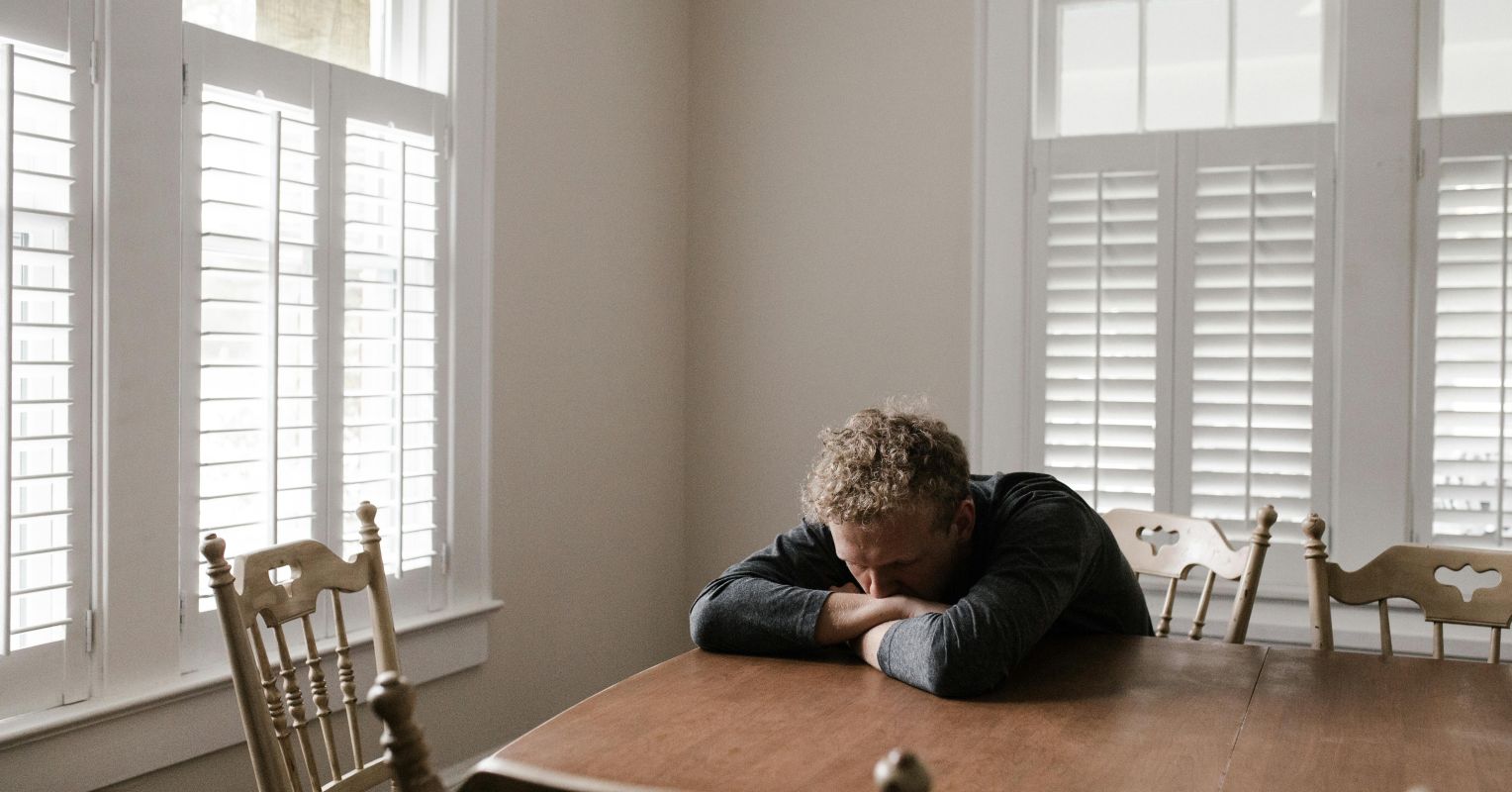
"There are differences in the way the sexes respond to stress, happiness, and social expectations in daily life. Men and women are not the same when it comes to mental health issues. It isn't clear why depression affects men and women differently. But these differences could be due to brain chemistry, hormones, and life experiences. These differences also could stem from the traditional male role, which discourages the expression of emotions and encourages the pursuit of success, power, and competition."
"For many mental health disorders, men are less likely to speak up and get treatment. They are also less likely to be diagnosed because of this. Knowing the statistics can help raise awareness about men's mental health, encourage men to accept treatment, and substantiate the feelings men with depression may be experiencing. An estimated 9 percent of men in the United States have feelings of depression or anxiety each day, and 30 percent of men experience a period of depression during their lifetime."
Men and women differ in responses to stress, happiness, and social expectations, resulting in different presentations of depression. Biological factors such as brain chemistry and hormones, combined with life experiences, contribute to these differences. Traditional male roles that discourage emotional expression and promote toughness reduce men's help-seeking and lead to underdiagnosis. Approximately 9 percent of men in the United States report daily feelings of depression or anxiety, and 30 percent experience a depressive episode during their lifetime; median onset is 32.5 years. White men aged 85 and older have the highest suicide rate of any U.S. demographic, and men with mental illness are less likely to receive treatment.
Read at Psychology Today
Unable to calculate read time
Collection
[
|
...
]